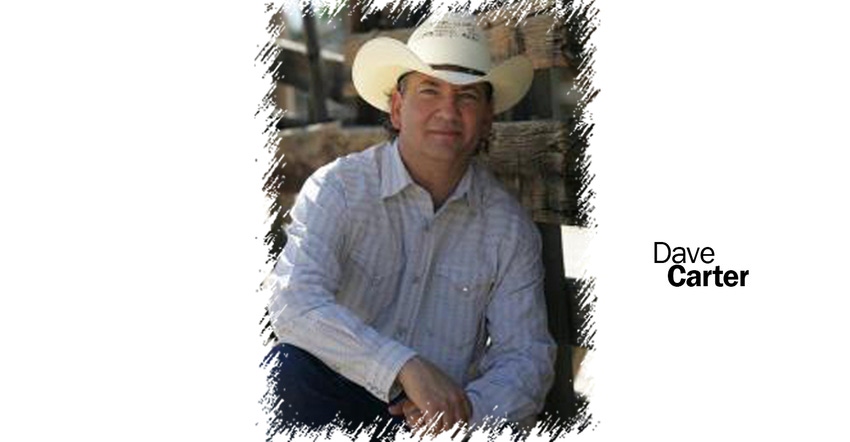Organic farming isn’t just about growing crops or selling commodities. It’s also about family and community.

School students have field trips. Farmers have field days.
The concept is similar. Students head to museums, state capitals and nature preserves to gain a deeper understanding of the subjects taught in the classroom. This time every year, farmers head out to local field days sponsored by university experiment stations or seed companies. Growers tromp along test plots of the latest varieties of wheat, corn or soybeans, and munch on a burger while listening to the local company rep or university plant breeder talk about the comparative attributes of the plant trials.
Earlier this month, I tagged along as Jeff Moyer of the Rodale Institute headed to northern Montana for a field day hosted by Bob Quinn (OK, there was a day or two of fishing involved as well). To call Bob an organic pioneer is a bit of an understatement. He started growing ancient khorasan wheat on his family’s third generation farm in 1986, and began converting his 2,400 acre farm fully to organic production that same year. Today, he continues to grow ancient khorasan wheat which is sold under his family-owned Kamut trademark, on the family farm. And, he oversees contracts with growers in the United States and Canada to raise more than 80,000 certified organic acres of the ancient grain.
On one hand, Bob’s event was like any other field day. Participants were guided along test plots of different varieties of grain. A couple of speakers provided information on other types of organic ancient grains. Local university officials were on hand.
On the other hand, this event was unique. The rows of test plots were ancient grains that Bob has largely gleaned from seed banks and other sources (it helps that he has a PhD in plant biochemistry). One significant section of land is dedicated to demonstrating the nine-year crop rotation system used on the farm. Tours offered during the day introduced visitors to the farm’s safflower oilseed pressing business, an organic snack food manufacturing venture, an experimental dryland orchard operation, and dry land vegetable experiments—all enterprises designed to diversify the Quinns’ business and to provide opportunities for the next generation to stay on the farm. The field day wrapped up with a variety show featuring talent from Bob’s family, employees and neighbors.
Farmers generally leave field day events with a greater understanding of the relative yield potential, drought tolerance and commercial acceptance of the latest seed varieties. As I headed down the road back to Colorado, I thought about the deeper lessons offered at Bob’s field day.
Sure, yields, drought tolerance and commercial viability were important. But woven throughout the day was a message of connections. A nine-year crop rotation system underscores an organic producer’s commitment to the long-term viability of the soil. Diversified on-farm business enterprises illustrate the dedication to keeping the farm as a profitable business for future generations. And, an early evening variety show featuring music, dancing and even a homespun magic show emphasized that farming isn’t just about growing crops or selling commodities; it’s also about family and community.
Organic agriculture is still relying on grassroots research conducted by farmers like Bob, along with Rodale Institute and a handful of other nonprofits. Growth in organic agriculture will require dedicating new resources to expanding the research on farms and experiment stations. I just hope that future organic field days never become solely about plant yields, drought tolerance and commercial viability.
About the Author(s)
You May Also Like




